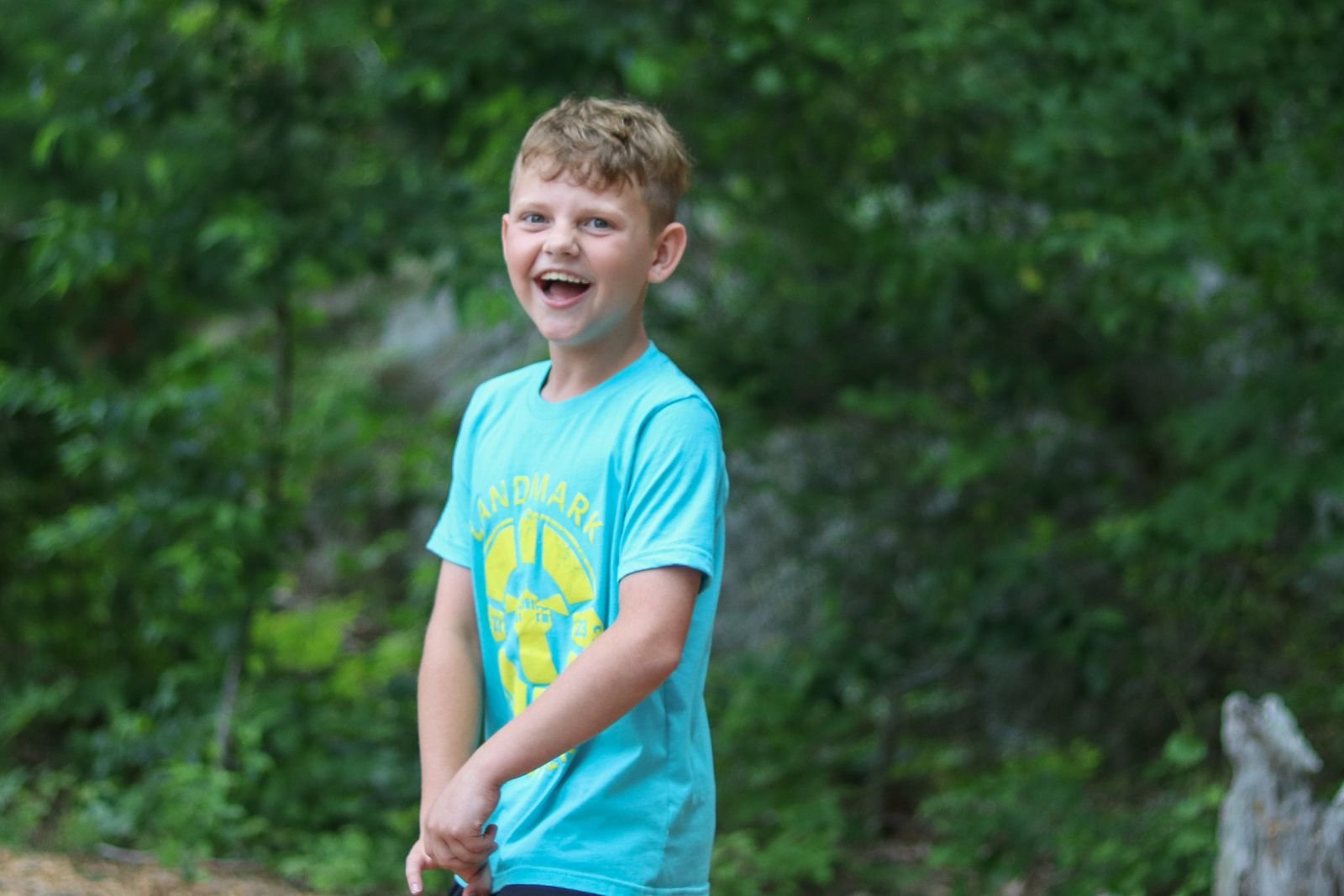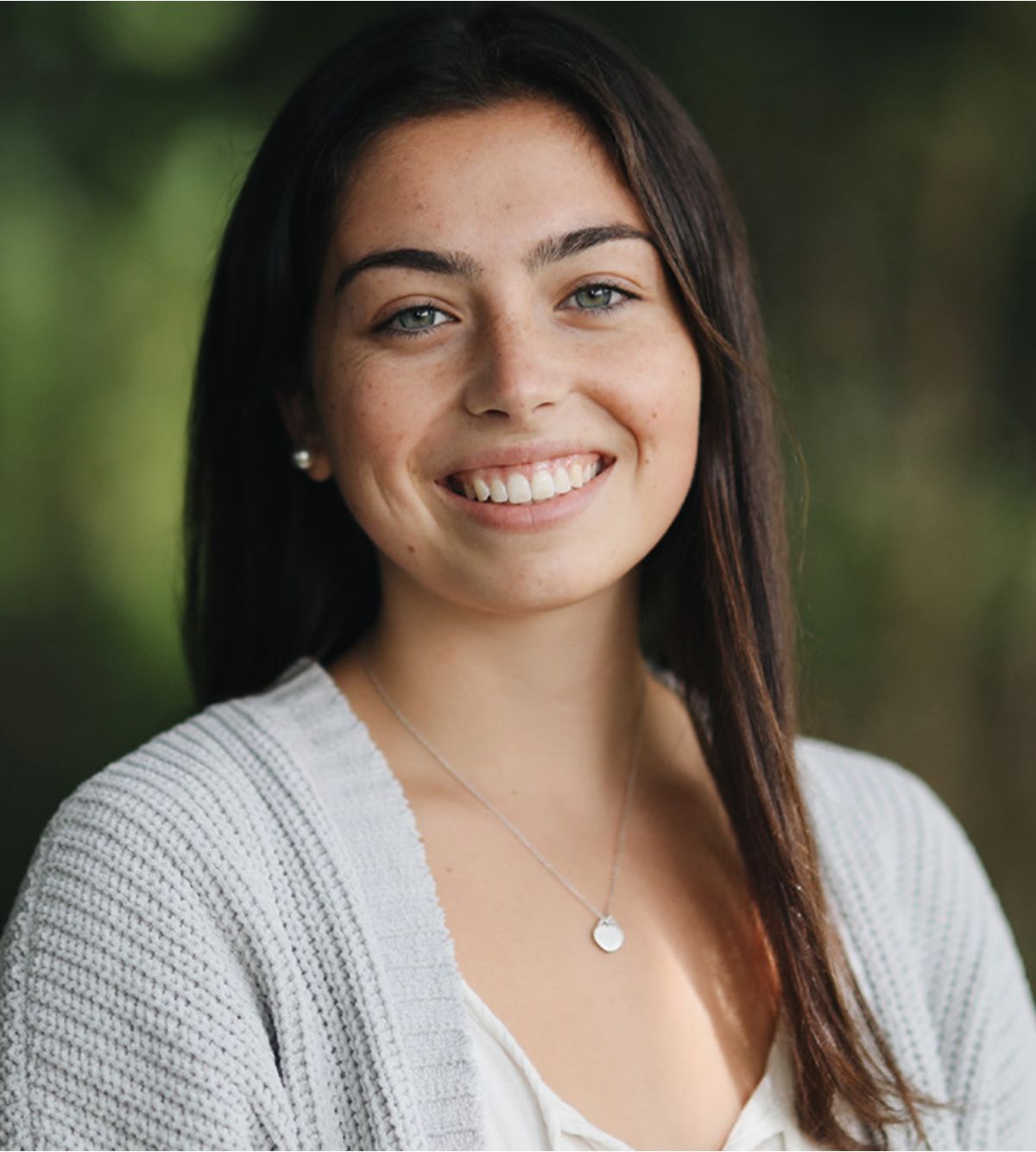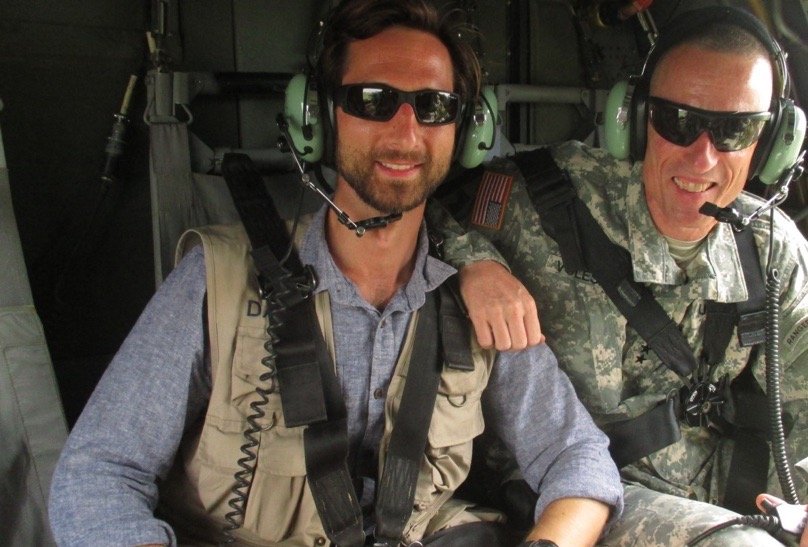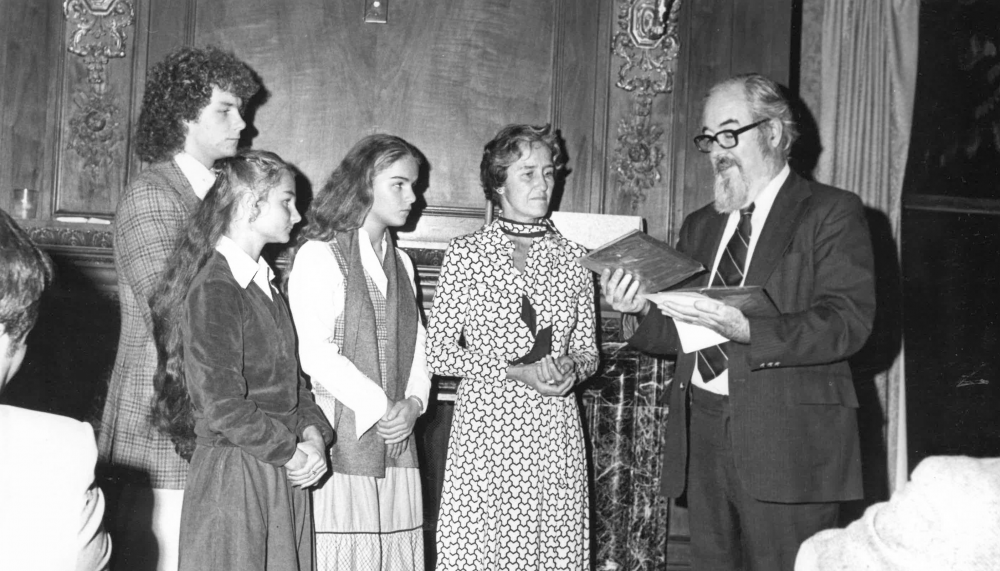- Our School
- Our Advantage
- Admission
- Elementary•Middle School
- High School
- Summer
- Giving
- Parent Resources
- For Educators
- Alumni
« Back
Landmark's Founding Principles: Part One
November 8th, 2022
A Mission With a School
During a series of summer programs from 1969-1971, Dr. Charles Drake, Landmark’s founder, had already established the foundational principles that would become the hallmark of Landmark School. He developed intensive training programs in these principles for the 1971 founding faculty.
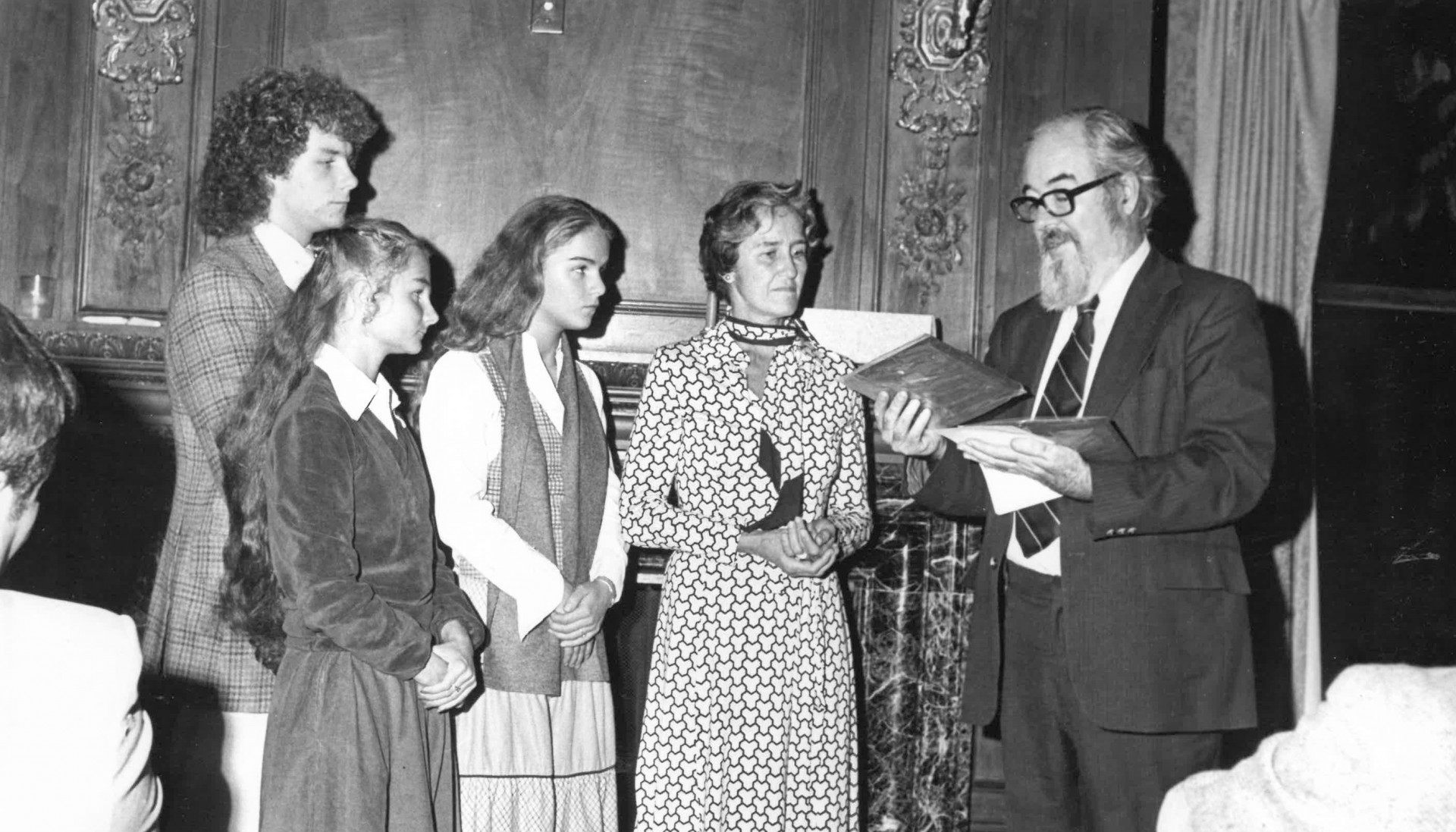
Ahead of Their Time
Dr. Drake understood the neuroscience of the brain well prior to the advanced neuroscience of today, the impact of dyslexia on processing in the brain, the social-emotional impact of failure, and best practices to meet each student at their levels of competence and challenge.
In general terms, Landmark has always been built on an individualized, diagnostic, and prescriptive model of one-to-one tutorials, case management, and small classes grouped by skill level. Intensive training for faculty in the founding principles and ongoing experiential and science-based knowledge has also been a constant.
Best Practices That Remain Today
Landmark’s primary founding programmatic mission and principle was to teach skills in every class and across all subject areas. This included language, learning, organization, and study skills so that students would learn to do everything expected and asked of them.
To help the faculty become diagnostic/prescriptive experts, training included concepts such as:
- Meet students where they are: Start at the lowest level of competency and make no assumptions that a student has mastered any particular skill.
- Micro-unit: Break skills and content into the smallest possible units and teach one unit at a time.
- Automatization: Practice, practice, practice until a skill becomes automatic.
- Spiral: Reinforce retention by referring back to previously taught skills and information.
- Structure: Assure that students have a firm understanding of what is expected for all assignments.
- Teach through multiple modalities: Kinesthetic, tactile, auditory, and visual modalities involve the entire body as a vehicle for learning.
- Provide opportunities for success: Orient activities toward success to help develop confidence and motivation.
Serving the Whole Student
Beyond Landmark’s intensive individualized program structure and skills-based education, the founding principles also focused on the whole child, providing social-emotional support, and teaching life skills. Again, faculty were trained to help students learn the following:
- Accept their learning differences and understand why they are at Landmark in order to achieve their potential.
- Advocate for themselves and let adults know who they are and what they need.
- Take advantage of opportunities available to them (including extra time on tests, review sessions, sitting toward the front of the class, etc.).
- Try not to be heroes—success grows one step at a time, so proceed step by step.
- Rely on what works—self-discipline, prioritization, skill development, etc.
- Be flexible—not everything works out as we hope. Acceptance and resilience are essential.
- Be accountable—each person is responsible for what they do.
- Be responsible—to others, for others, and to the community.
- Being flexible, accountable, and responsible, helps a person to go FAR.
- Be consistent and respectful, communicate, and learn about community.
Landmark’s founding principles did indeed build the foundation for the Landmark of today. While so much has been learned through experience and science, these initial structures and principles still ring true and continue to be a part of the magic of Landmark.
These founding principles continue to resonate at Landmark and offer best practices for a variety of educational settings whether it be public, private, parochial, homeschooling, unschooling, and beyond.
Learn more about Landmark Six Teaching Principles.
Landmark's Founding Principles Series
Part One: A Mission With a School
Part Two: Sharing What We Know
Part Three: Problem-Solving To Meet Student Needs
About the Author
Bob Broudo is a leader in the field of language-based learning disabilities (LBLD). He was one of the founding faculty members and then Head of School for 32 years of Landmark School, which specializes in serving students with dyslexia and other LBLD. Bob received his undergraduate degree from Bates College and his Master's degree from Boston University in Psycho-educational Training. Bob sits on several national and local non-profit and advisory boards.
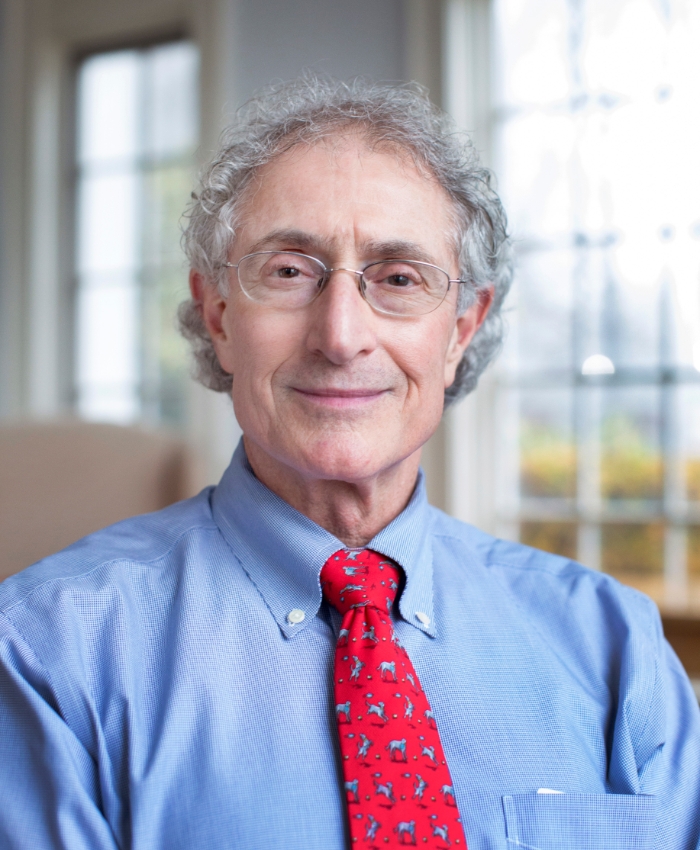
Posted in the category Teaching.





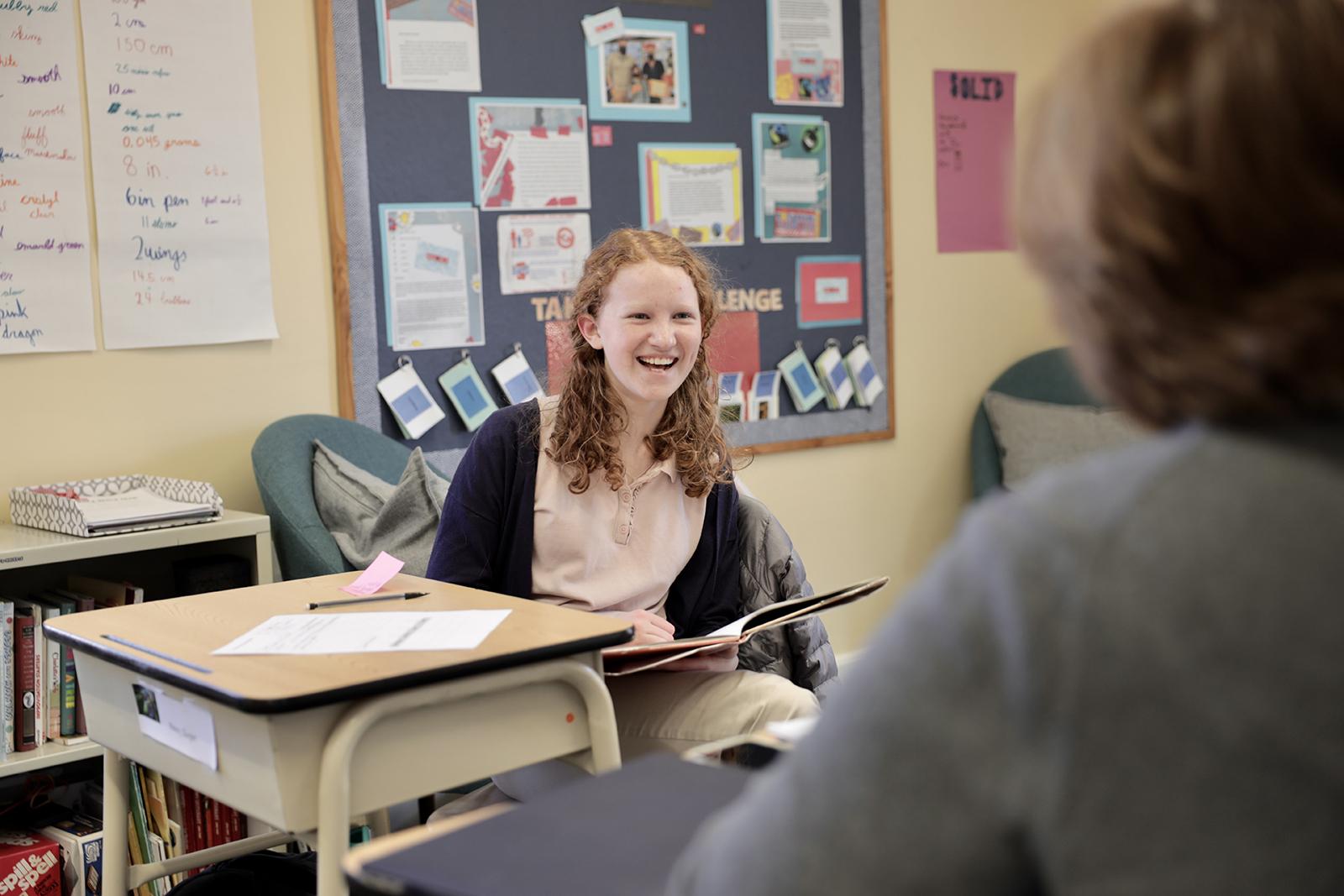
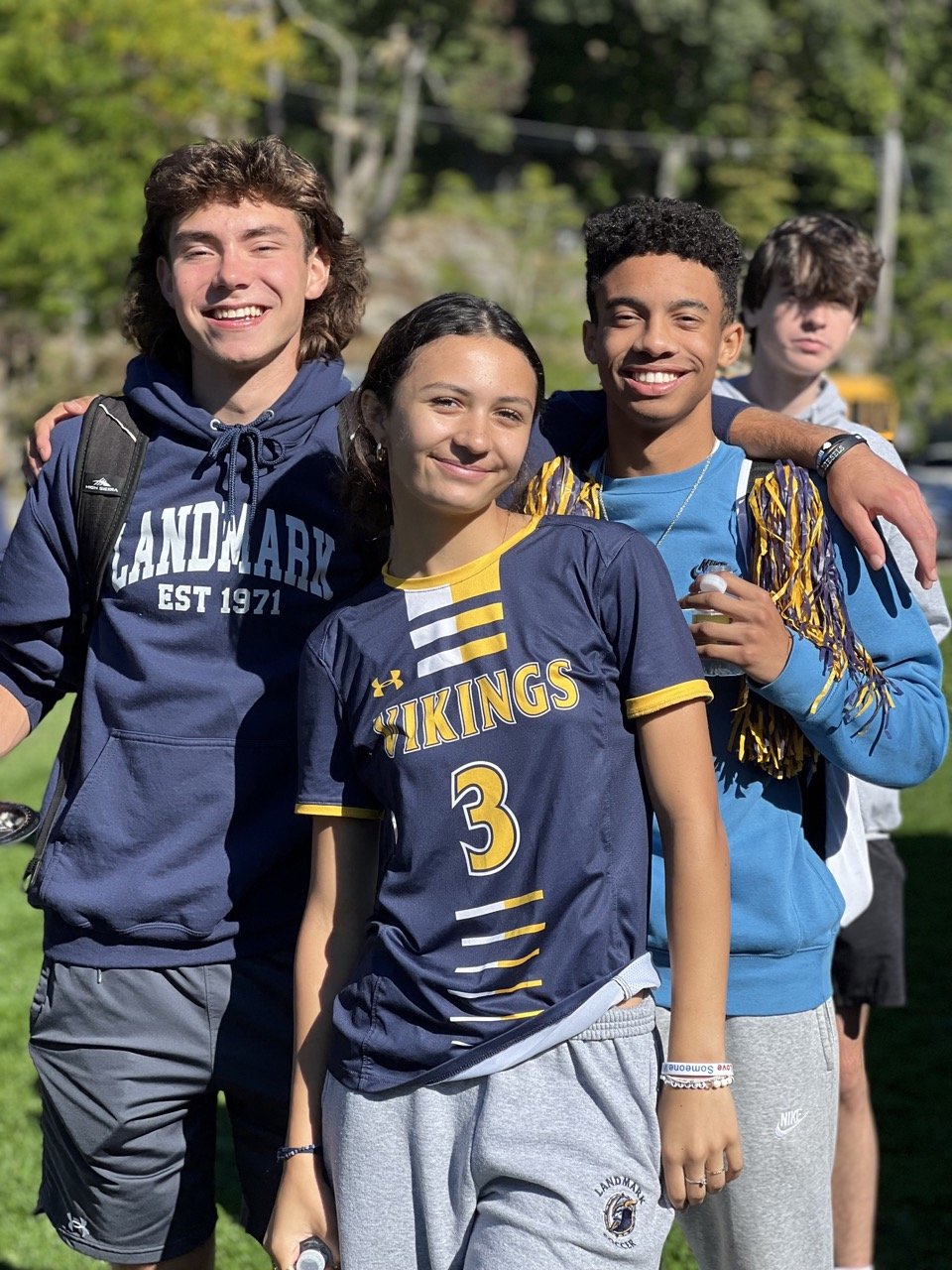
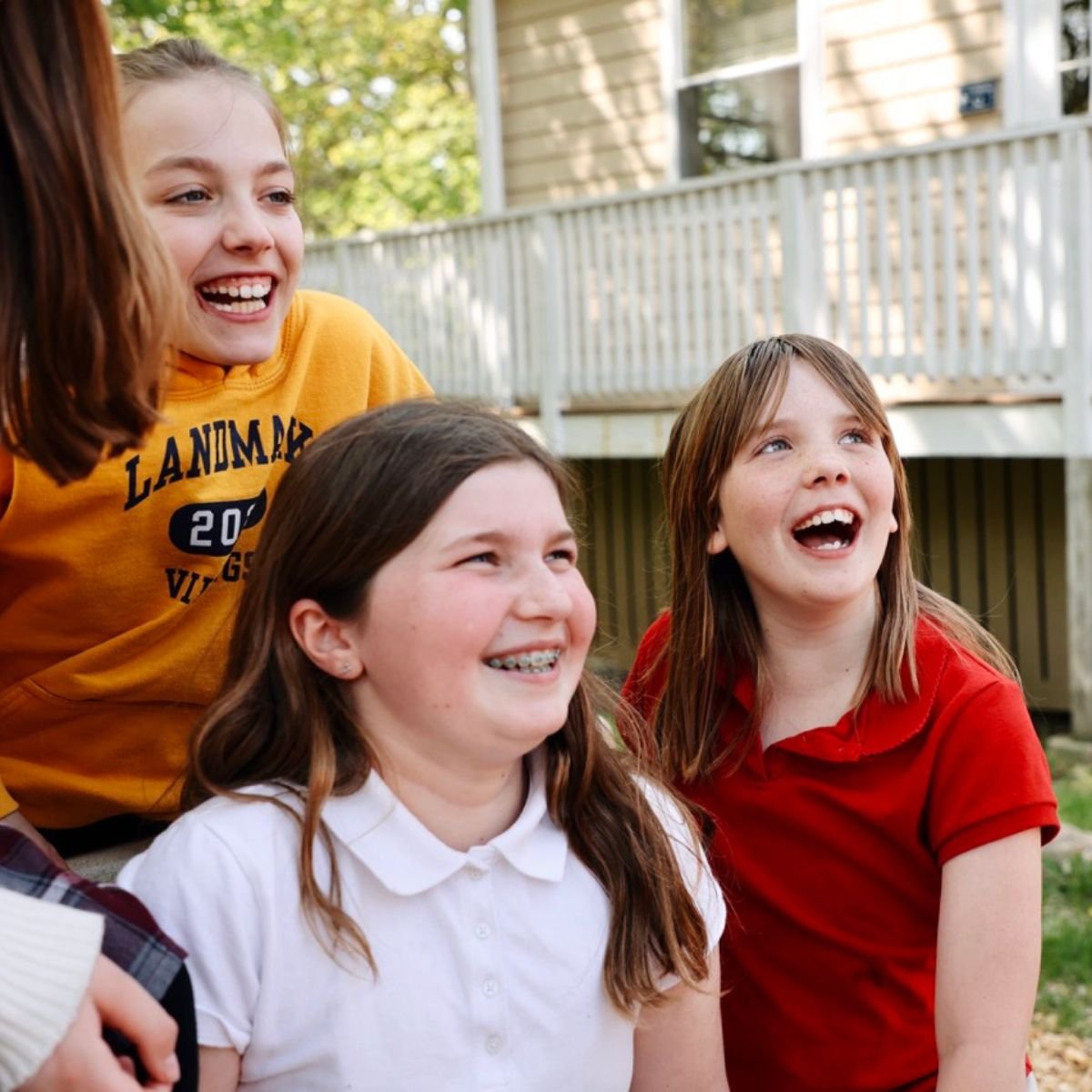
.jpg?v=1652115432307)
